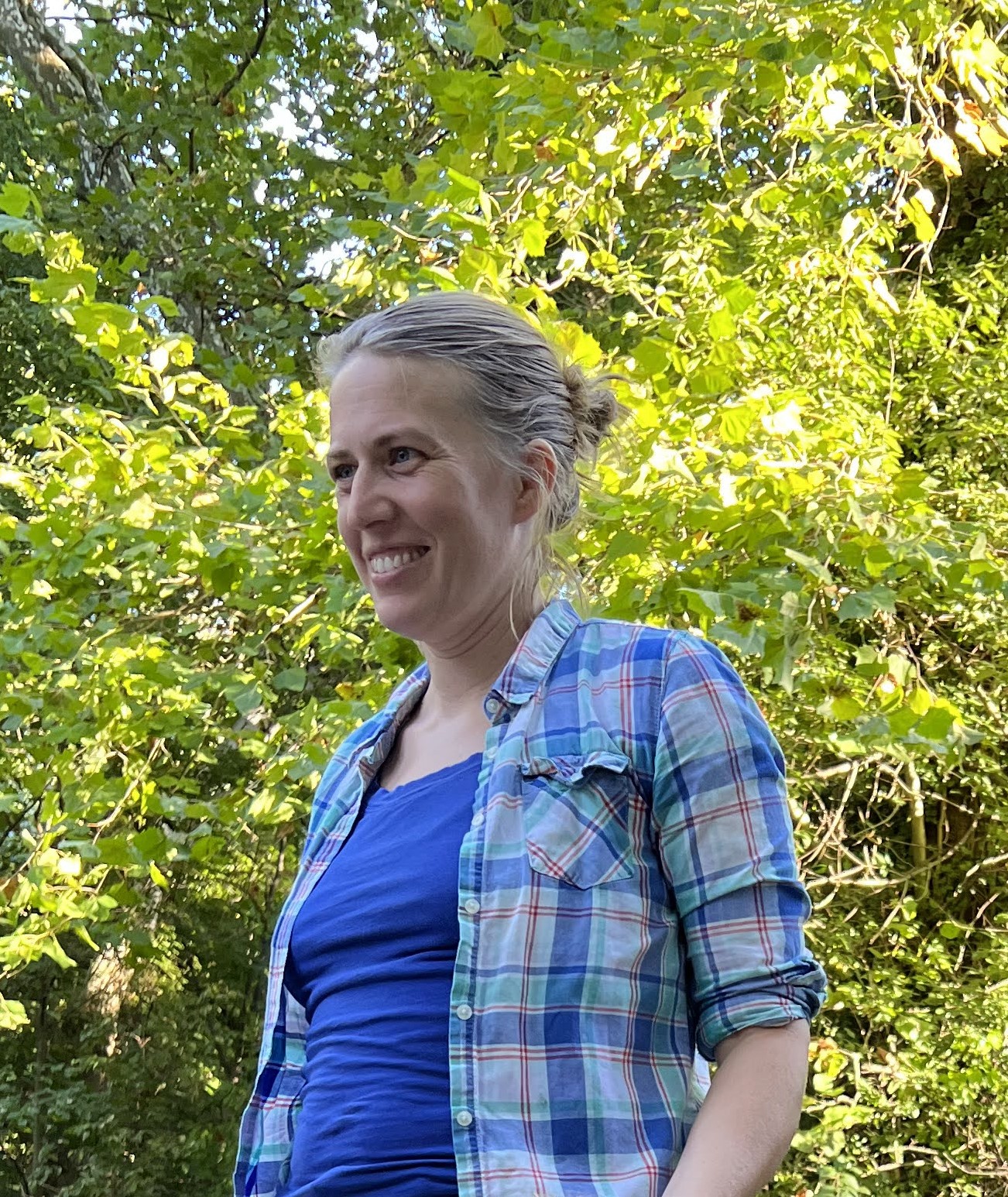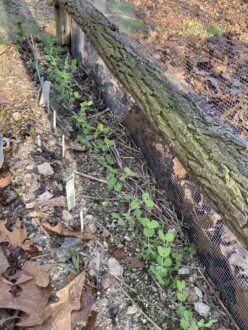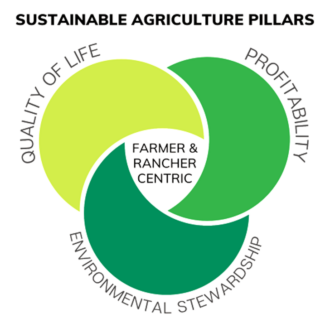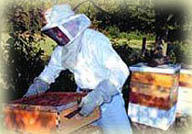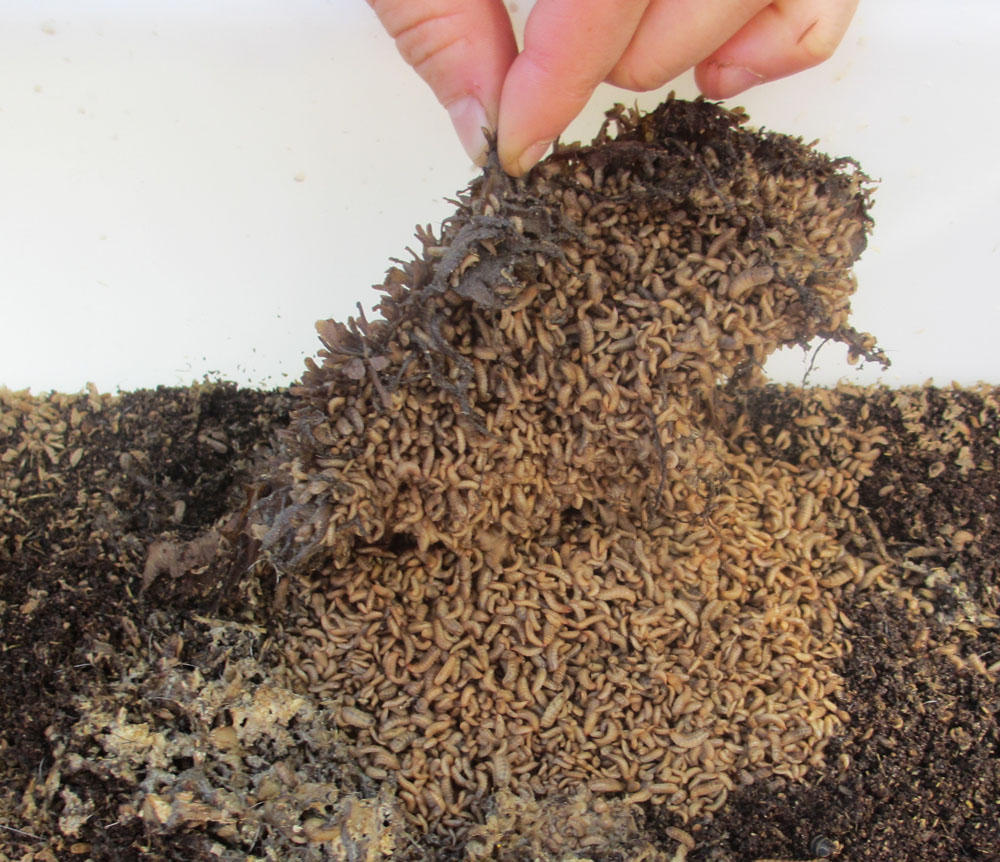
Using Black Soldier Fly to Consume Food Scraps in a Vertically Integrated Urban Composting System
Dave Littere steps inside a shipping container to stacks of plastic tubs on metal shelves filled with food waste collected from local farmers markets, and an army of insects keenly interested in what the farmer has to offer. In a month’s time those food scraps will have been converted into compost.
The owner of Future Acres Urban Farming is piloting a study to design a vertically integrated urban composting system using black soldier fly larvae to consume large amounts of food scraps under controlled conditions to more sustainably reduce food waste in Fairfax county, while providing insect protein as livestock feed and frass (insect waste) as soil amendment.
“We have the capacity to collect 3 tons of food waste per week from the farmers market. That’s 12 tons of food waste per month that could be reduced and converted for continued agricultural use,” said Littere, who has received a Southern Sustainable Agriculture and Research Education (SSARE) Producer Grant to test the feasibility of his system. “Black soldier fly larvae are among the most popular insects to use for composting organic waste because of their ability to decompose waste quickly, they are easy to manage, and the insects themselves make for a nutritious and sustainable supplemental feed.”
Littere said that highly efficient black soldier fly compost systems exist in other parts of the globe, such as Europe, Africa, and Indonesia, and he became interested in the technology to help ease the strain on the county’s organics recycling operations and to keep food waste recycling local rather than hauling it out of the county.
Fairfax County, a vibrant urban area in the shadows of Washington D.C., sports a robust food waste recycling program that provides food waste drop-off locations, such as at area farmers markets. Littere said the county has been doing such a great job of increasing food waste awareness that the processing facility nearly reached capacity last year to handle compost.
“That is what started me on the black soldier fly path,” said Littere.
The aim of the project is to build a simple small-scale, vertically integrated black soldier fly larvae composting system that will be environmentally controlled and vertically integrated to save space in the urban environment. Littere is measuring such factors as effects of ventilation hours, population densities, organic matter conversion percentage and end-product frass percentage.
Ultimately the question that needs to be answered is, “Is it worth adding black soldier fly larvae composting to an urban farm operation? Having the ability to control the temperature, humidity to optimal conditions, and having vertical integration, our system has the potential for extremely high efficiency. Utilizing common urban food waste as the input, we want to quantify the maximum capacity of our system for food decomposition,” said Littere. “While there are examples of using black soldier fly larvae for food waste processing, there is very limited information specific to small-scale, urban, indoor environments of the southern United States. I hope this will create a benchmark for other urban farmers interested in incorporating insect farming to their operations.”
As part of the project, Littere is designing a mobile trailer complete with a black soldier fly larvae composting system that he can take to events and conferences across the region to demonstrate to farmers how the system works. The project is scheduled to end in early 2026.
State Contacts
SARE State Coordinators are vital for expanding sustainable agriculture training for Extension, NRCS, and other agricultural professionals, who will then help producers transition to a more sustainable agriculture.
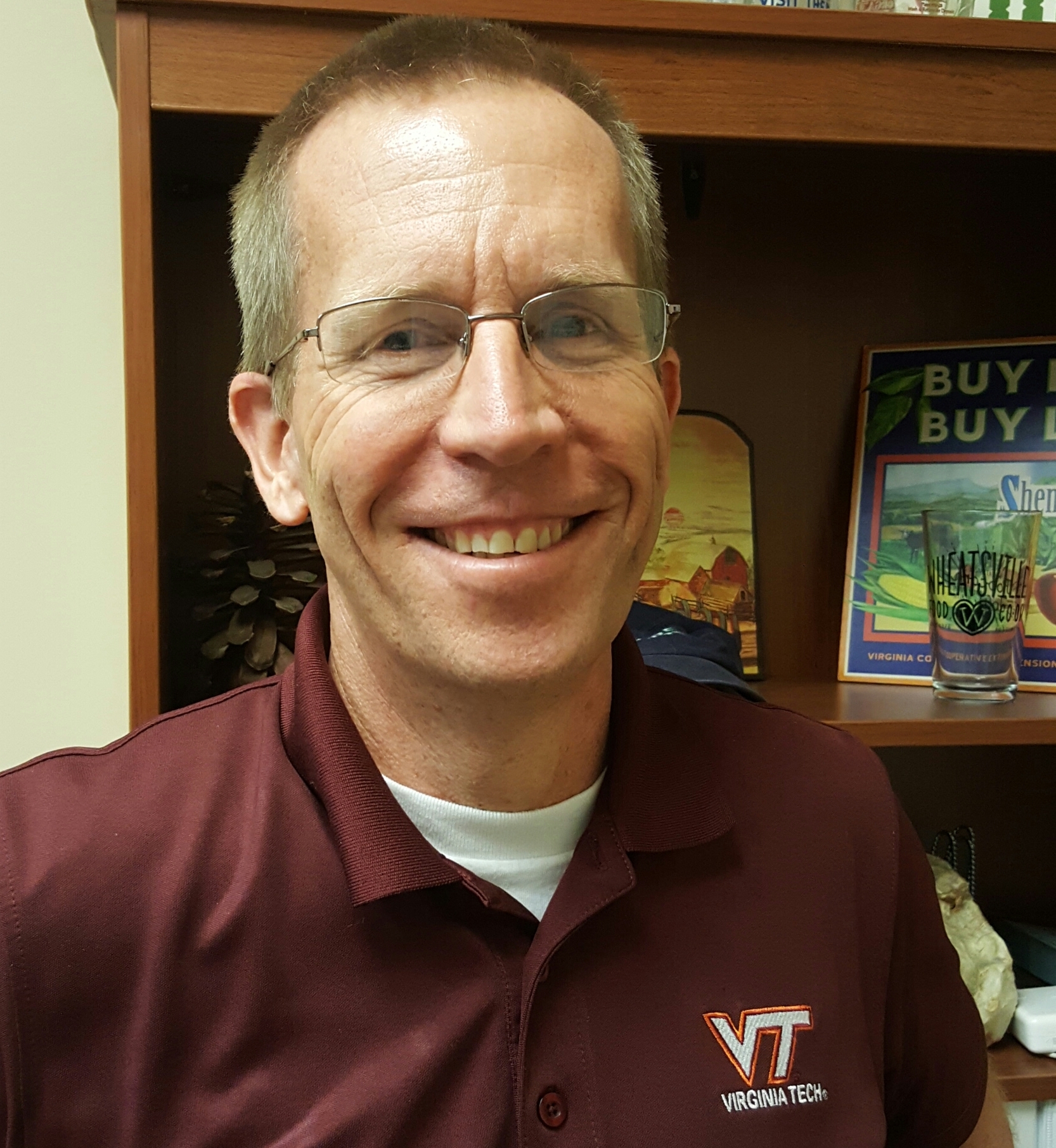
Eric S. Bendfeldt
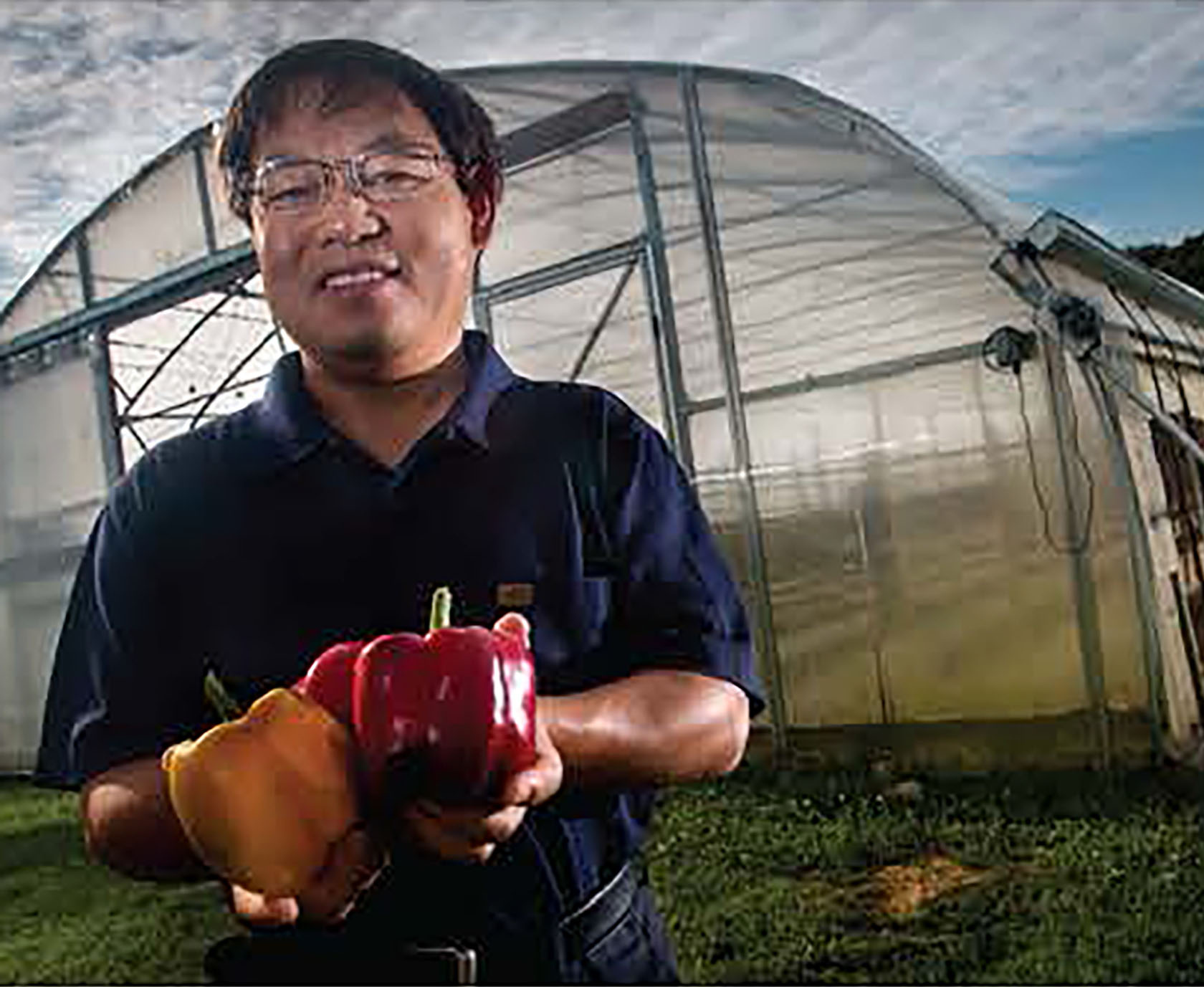
Sanjun Gu
SARE IN VIRGINIA
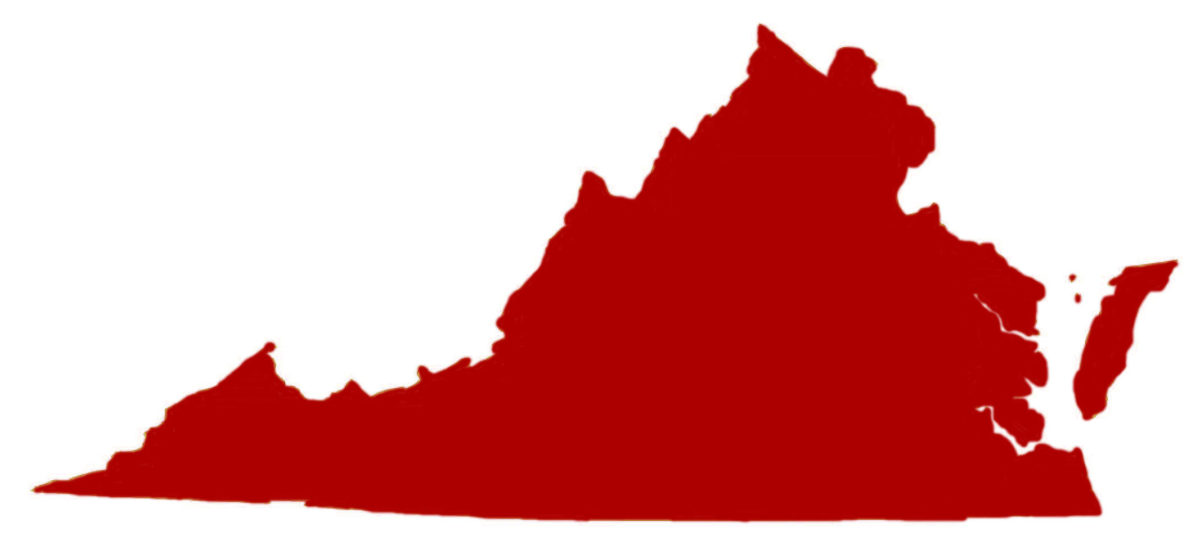
million
Virginia Sustainable Agriculture Research and Education (SARE) is a professional development program sponsored by the Southern Region SARE and co-coordinated by Virginia Tech and Virginia State University. We work together to deliver a professional development program that enhances the environmental, social, and economic sustainability of the state with a focus on our state’s most pressing issues, such as soil health and regional food systems. Since 1988, Virginia’s researchers, Extension faculty, producers, and community organizations have received over $4 million in funding for 83 projects that research and implement the best science-based practices in order to improve on-farm sustainable growing techniques and producer sales throughout the state.
Recent News From Virginia
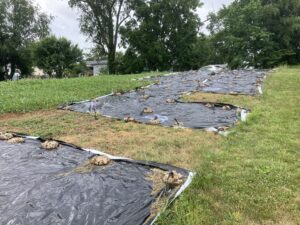 Weed Ecology
Weed Ecology
Virginia Tech Research Provides Specifics on Tarping to Control Weeds
ROANOKE, Virginia – Farmers have long understood that tarping plots prior to planting can kill weeds, but how long it took for weeds to die under cover wasn’t completely known. Baseline research conducted by Virginia Cooperative Extension is providing some specifics. Funded by a Southern Sustainable Agriculture Research and Education (SSARE) On-Farm Research Grant, Virginia […]

